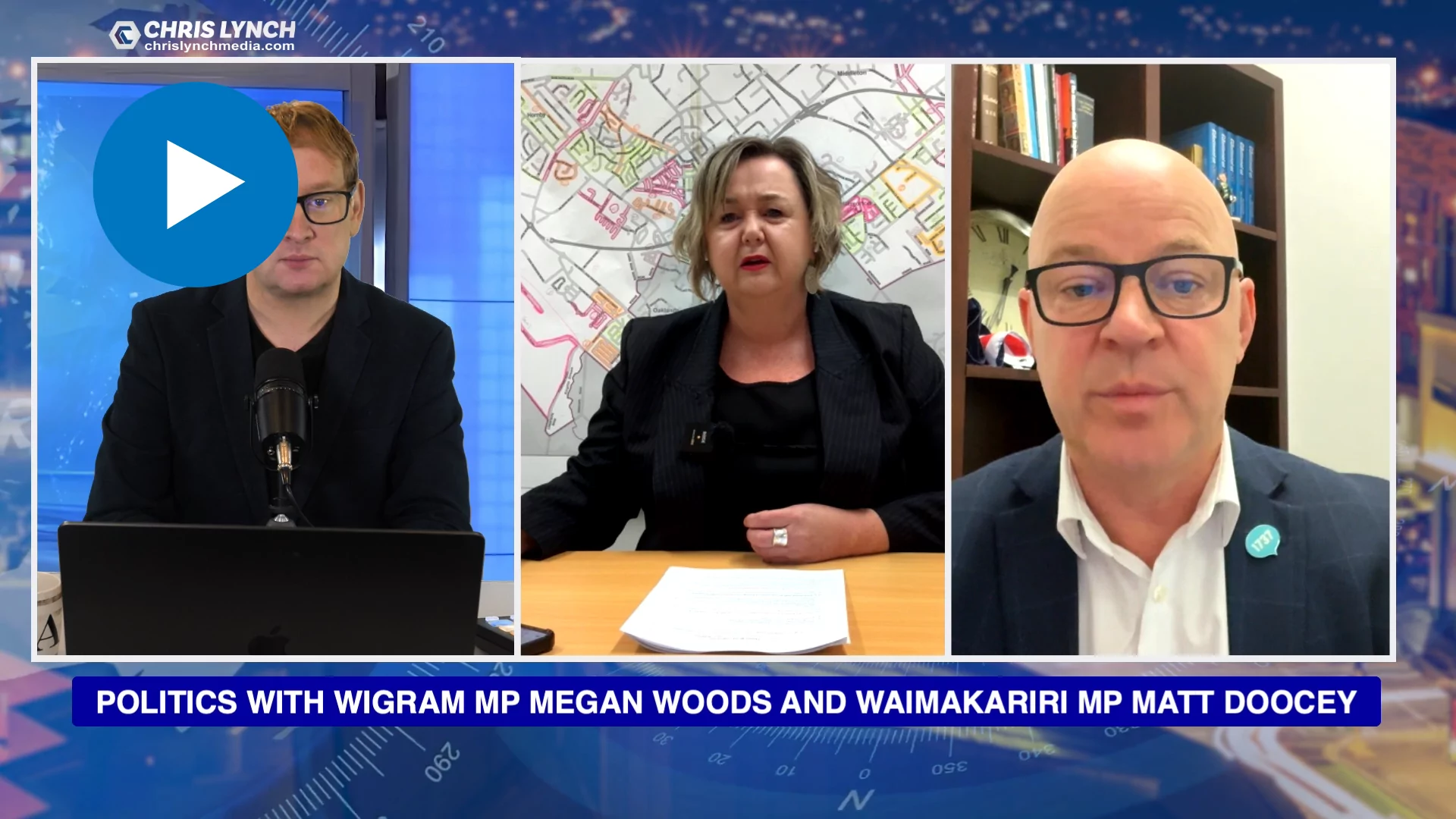Community advocate Ali Jones has raised concerns about adjustments to the On-sold support package, claiming they unfairly burden homeowners while failing to address systemic delays within the Natural Hazards Commission (NHC) (formerly EQC)
The changes, announced by Associate Finance Minister David Seymour, were introduced to curb rising costs in the Government’s 2019 On-sold programme for Canterbury’s over-cap properties.
While Seymour said the programme aimed to ensure timely home repairs and control costs, Jones argued the new requirements shift accountability onto homeowners, rather than addressing delays caused by Natural Hazards Commission’s internal processes.
“The announcement points the finger at the homeowner, enforcing new deadlines for them,” Jones said. “But it’s NHC that are slowing things down.
“They’re changing work scopes, challenging engineering reports without adequate expertise, and adjusting costings without sufficient information. Homeowners shouldn’t bear the brunt of these delays.”
Among the new policies is a cap limiting repair settlements to no more than 1.5 times a property’s rateable capital value.
Jones expressed concern that this cap could prevent some homeowners from affording adequate repairs, undercutting the programme’s original intent.
“I’ve already had calls from people saying they won’t be able to reinstate their homes under this new rule. This cap contradicts the original purpose of the On-sold policy, which was supposed to cover proper repairs for earthquake damage,” she said. “This change effectively puts a cap on their ability to fully restore their homes.”
Jones also pointed to an increase in legal fees as a potential factor driving up programme costs. “EQC spent over a million dollars on external legal advice last year, up from the previous year. This litigious approach, which should have been reduced years ago, is now back in force, creating additional delays.”
Seymour citing a substantial rise in programme costs from an estimated $250 million in 2019 to nearly $718 million by mid-2024. “This wasn’t meant to continue indefinitely, and these adjustments will help manage costs and ensure timely settlements,” Seymour said.
However, Jones countered that EQC had been forewarned about the programme’s likely costs. “When the programme started, we told them it would cost far more than they expected, but they didn’t listen. Now they’re blaming homeowners for escalating costs and delays.”
Jones said she hopes decision-makers will consult with claimants and advocates to understand the on-ground challenges before enacting further changes.





 Christchurch couple honours mosque attack victims by creating 51 businesses in Kabul
Christchurch couple honours mosque attack victims by creating 51 businesses in Kabul


